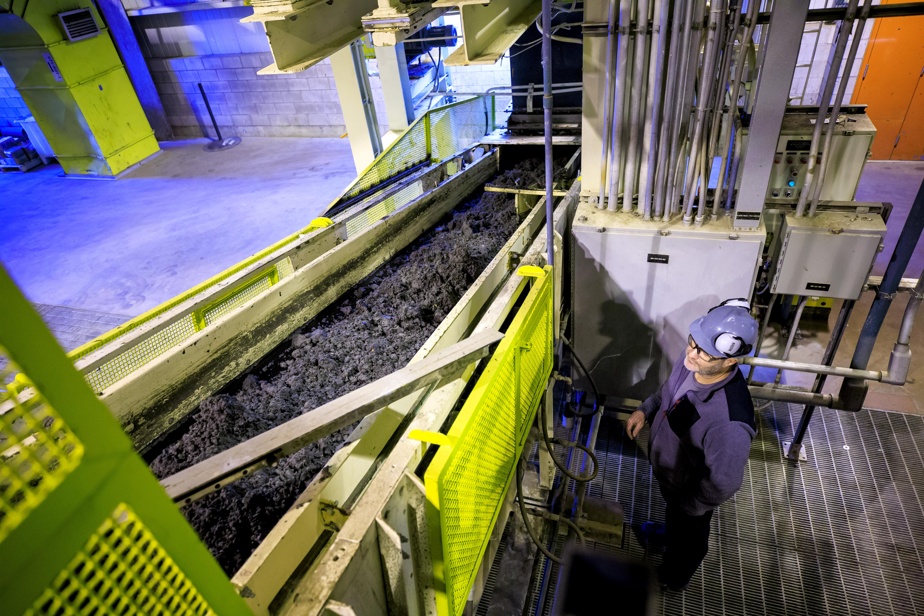
They are nicknamed “human manure”, “brown gold” or “biosolid”. Municipal sewage sludge is sometimes used as fertilizer on agricultural land. Quebec now wants to impose a threshold to limit the concentrations of certain pollutants found there.
In the crosshairs of the Ministry of the Environment: Perfluorinated substances, often described as “persistent pollutants” or known by their English acronym PFAS. This large family of thousands of chemical compounds is ubiquitous in everyday objects such as non-stick pans, waterproof clothing, food packaging or stain-resistant fabrics. They are distinguished for their harmful effects on health.
The Minister of the Environment, the fight against climate change, wildlife and parks, Benoît Charette, announced on Friday that he is launching an expert consultation to impose a “prevention threshold” to reduce the risks associated with the presence of these pollutants. Interest” in the mud.
“The proposal we have submitted to experts for consultation is the most ambitious in the world,” he said in a press release.
This threshold is 10 per cent and specifies the maximum allowed concentration for polyfluoroalkyl substances (PFAS). It is the first in North America.
Quebec also measures two of the most studied compounds on the planet, perfluorooctanoic acid (PFOA) and perfluorooctane sulfonate (PFOS).
Temporary ban
When municipal wastewater is treated in a plant, a solid material called “sewage sludge” is produced. It is mostly composed of organic matter, which can be recycled as manure in fields where plants intended for animal fodder are grown. Mud can also be buried or burned.
Last March, the Quebec government instituted a temporary ban on the agricultural spread of biosolids imported from the United States. The decision comes after a Radio-Canada report revealed that imported sludge had yielded alarming concentrations of PFAS.
The moratorium does not cover sludge from municipal water purification plants in Quebec.
“There is a different industrial historical reality in the United States than in Canada. The United States is a country that produces PFAS, so they still cause real direct industrial pollution in some states, which is known,” explained agronomist Agathe Viall in an interview, adviser to the deputy directorate for the subject. Environment. and Combating Climate Change (MELCCFP).
“There are no ways to control whether these biosolids are more or less contaminated in a direct industrial way, we have brought a temporary ban on the use of these substances in the agricultural environment, so as a prevention, we can implement tools to assure ourselves. […] We have not imposed a moratorium in Quebec because this history does not exist here. »
However, in Quebec, PFAS are also detected in municipal sludge. How will they find each other there?
“We have products [où les PFAS] Some are present in high concentrations such as fire foams. So when we put out the fire, it ends up with rainwater and sewage,” said M.me Viale.
Another example? Water from washing clothes made from materials containing it. “It ends up in the sewer. When we wash our hands, some of the hygiene products are there,” she emphasized. “This is really our daily life, we put back in the municipal sewer. »





